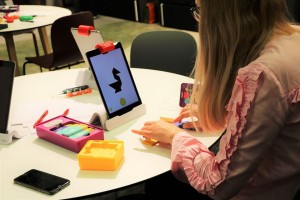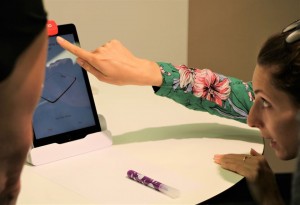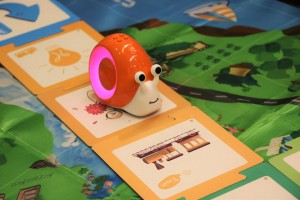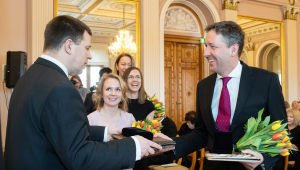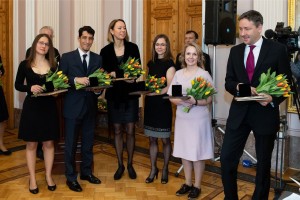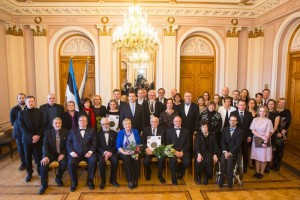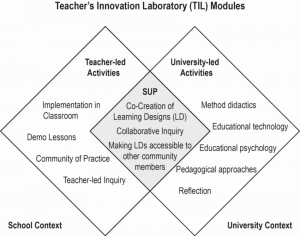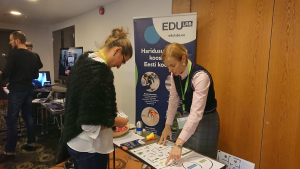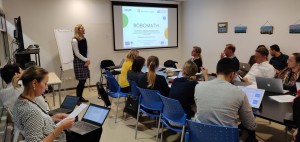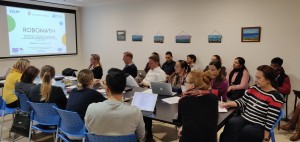On Friday, 25 September at 15:00 the virtual opening of EDUSPACE, a technology-supported learning and teaching research laboratory at TLU will take place. This event will also mark the end of the five-year CEITER project. The EDUSPACE laboratory has created a good basis for the further development of the activities that have grown out of the CEITER project. Event is also part of TLU Virtual Science Week.
The laboratory was established in cooperation with the TLU ERA Chair CEITER international research group, whose important work direction, the EDULAB model together with the digital toolbox supporting it, forms the growth platform for educational innovation together with the creation of the necessary conditions. In addition to physical equipment, the research laboratory also brings together know-how for the sustainable and evidence-based implementation of innovations.
During the event, you can get acquainted with various research and implementation projects using EDUSPACE equipment and infrastructure, which are aimed at different levels of education.
At the early childhood education level, you can explore the mobile laboratory of RMER robotics and STEAM equipment, a manufacturer of STEAM teaching aids in England. In addition, all interested parties are welcome to try out the Estonian-themed augmented reality game created in cooperation with the start-up company Mobi Lab and to participate in an ongoing research project on the use of robots in autism therapy.
STEAM K12 digital study material for four different school levels is aimed at general education, which supports the sustainability of natural resources – come and find out more about the possibilities of integrating them into your internships. In addition, the start-up company Futuclass will present virtual reality games for learning chemistry developed in a co-creation project between the School of Digital Technologies at TLU and the Education and Youth Authority. The School of Natural Sciences and Health at TLU has shown exciting hands-on experiments in making teaching more interesting. In several doctoral dissertations, collaborative learning is studied using learning analytics.
At the higher education level, we share initial research findings and advances in the development of the interleaved learning model, and we invite a machine-sighted robot to peek and teach the robot hand to write. There will be more surprises!
Event will be broadcasted live on the YouTube channel of TLU and on the Facebook.

